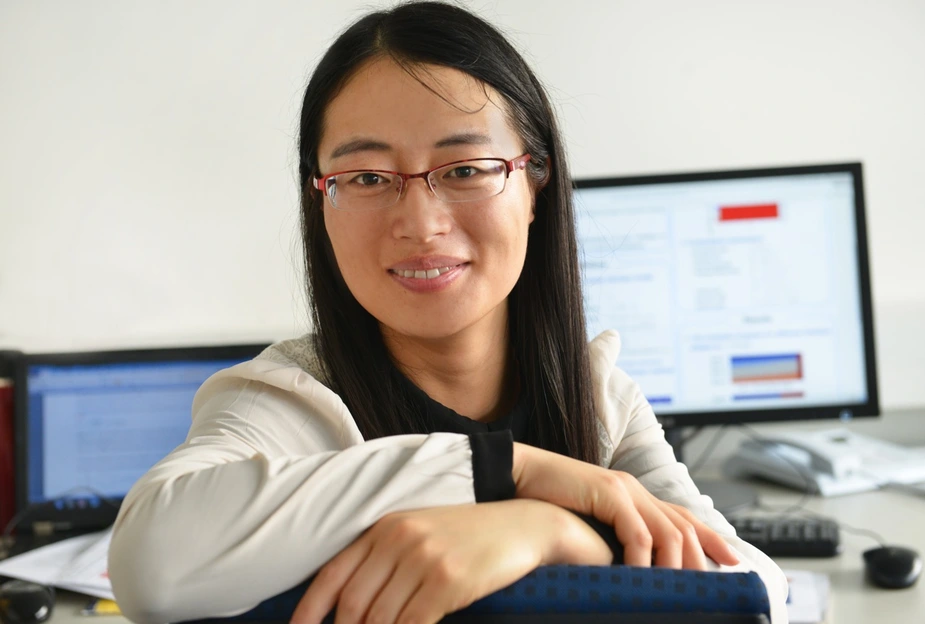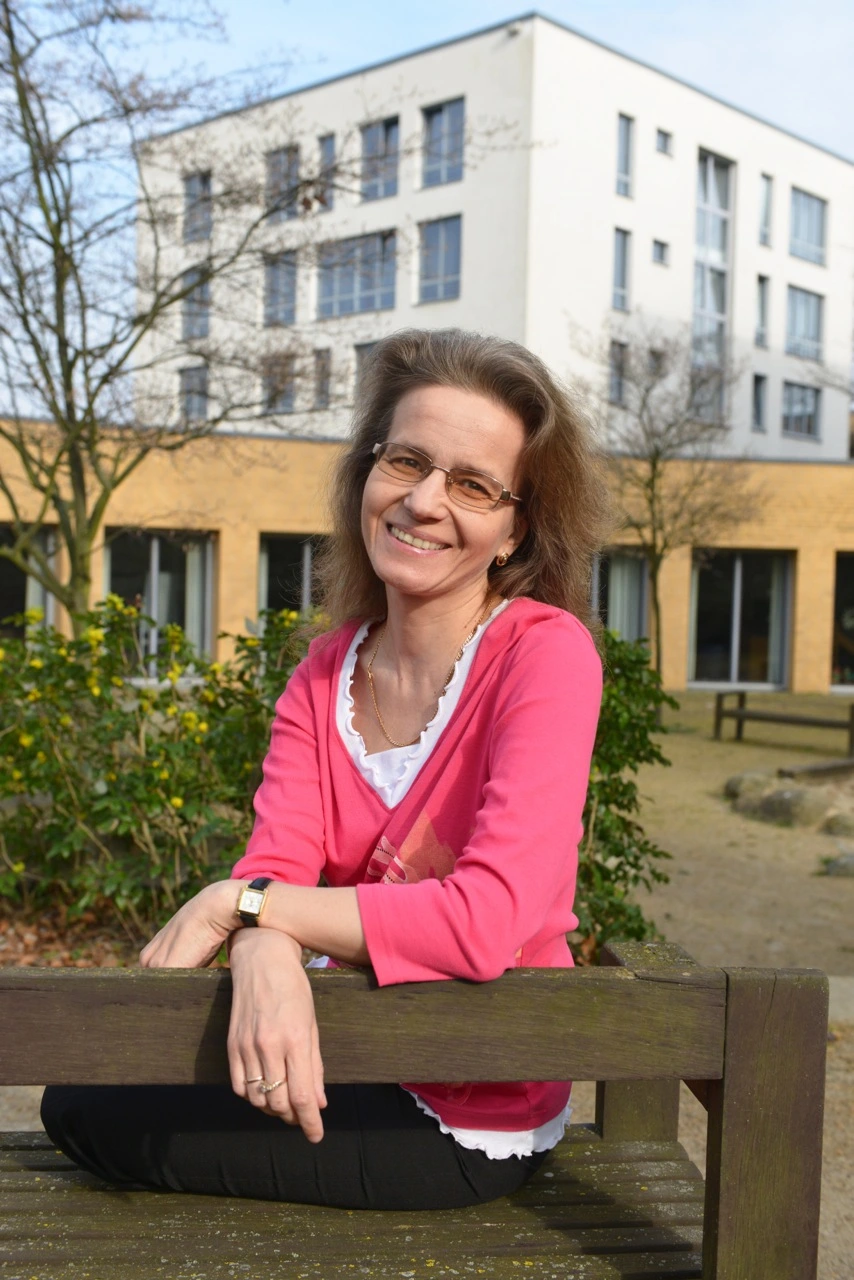Well received
Two visiting scholars tell us about their Adlershof experience
"I feel at home in Berlin. It is a great city,” says Xiaofang Qi. Her surname “Qi” is pronounced “Chi”. The physicist laughs and says: “As in chicken.” She is 27 years old and from Luoyang, a huge industrial town in the northwest of China with almost seven million inhabitants and massive environmental problems. Qi has been enjoying the clean air of Berlin ever since she started working on her dissertation in October at the Leibniz-Institute for Crystal Growth (IKZ) in Adlershof. The people in Berlin were very nice to her. Whenever she’s out and about, many people help her find her way in English. Back in China, Qi did a German course for six weeks. In Berlin she takes lessons once a week at the IBZ Berlin, an apartment building for visiting scholars, where she also lives.
When she first finished studying at the Jiaotong-University in Yi’an, she was accepted by the China Scholarship Council (CSC) for a year abroad and knew exactly where she wanted to go: to Germany, to Berlin, specifically to Adlershof. Qi tells us that the German researchers are renowned for their consistent work and the IKZ highly respected in its field.
At the IKZ, she works for the team of Wolfram Miller where she examines how crystal nuclei develop when molten silicon hardens. “The people at the institute are very friendly, but they often work alone, so there is not much talking, “she says. Chinese work places, much like cinemas and concert halls, are far more lively. Despite QI’s appreciation for a German meal with meat and potatoes, she cooks fresh food every day and takes it to the institute. Once she is back in Xi’an, her aim is to finish her dissertation and start an academic career in China. She wouldn’t mind staying here either.
Irina Kmit has already successfully gone down that path. The acclaimed mathematician is from the city of Lwiw, which also goes by its German name Lemberg. The city in the west of Ukraine has about 750,000 inhabitants. Kmit studied there, earned her PhD and then became a full professor at the National University of Kyiv. Six years ago, she came to Adlershof together with her husband, who is also a mathematician and a fellow of the Alexander-von-Humboldt-Foundation. “The foundation supported us perfectly, we settled in very quickly,” she says. Irina Kmit started working as a researcher at the Institute for Computer Science of Humboldt-Universität zu Berlin (HU). Now she has a three-year contract with the HU’s mathematics department. Her research focus is on “hyperbolic” partial differential equations, in particular those that describe so-called singularities. These are points at which small inputs can lead to great effects. Kmit has found similarities to volcanic eruptions during her research. She gives lectures, holds seminars and is a regular visitor of research colloquiums.
Kmit has been living in Adlershof for six years together with her husband and her two children, who are eight and fifteen. He works for a project funded by the German Research Association. They currently live at the IBZ. “We were quite lucky with kindergardens and schools,” she tells us. The kids were warmly welcomed and looked after in ways “we hadn’t quite expected“.
Their decision to go to Germany was based on professional considerations. “Germany has outstanding experts in my particular field of mathematics,” says Kmit. Meanwhile the family has come to appreciate German culture and lifestyle and have found many friends that they meet a lot with after work. “The kids enjoy playing chess. They’ve actually already won several prizes.” Her son goes to a HU group for mathematically gifted students and came in third at the citywide Mathematical Olympiad this year. The only problem is that jobs in academia are usually short-term which makes it harder for the family to plan their future.
By Paul Janositz for Adlershof Journal
www.ikz-berlin.de
www.mathematik.hu-berlin.de/de

